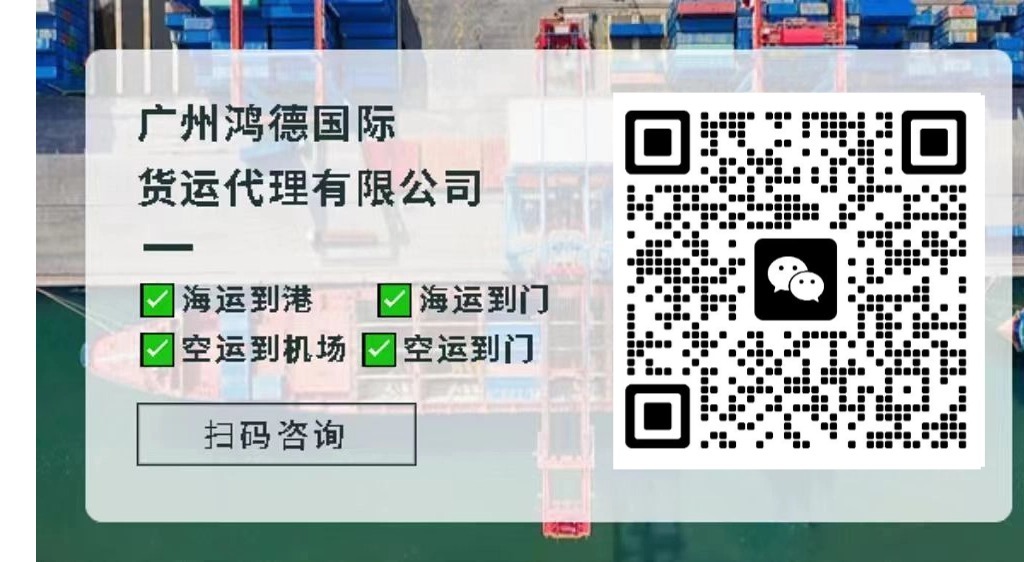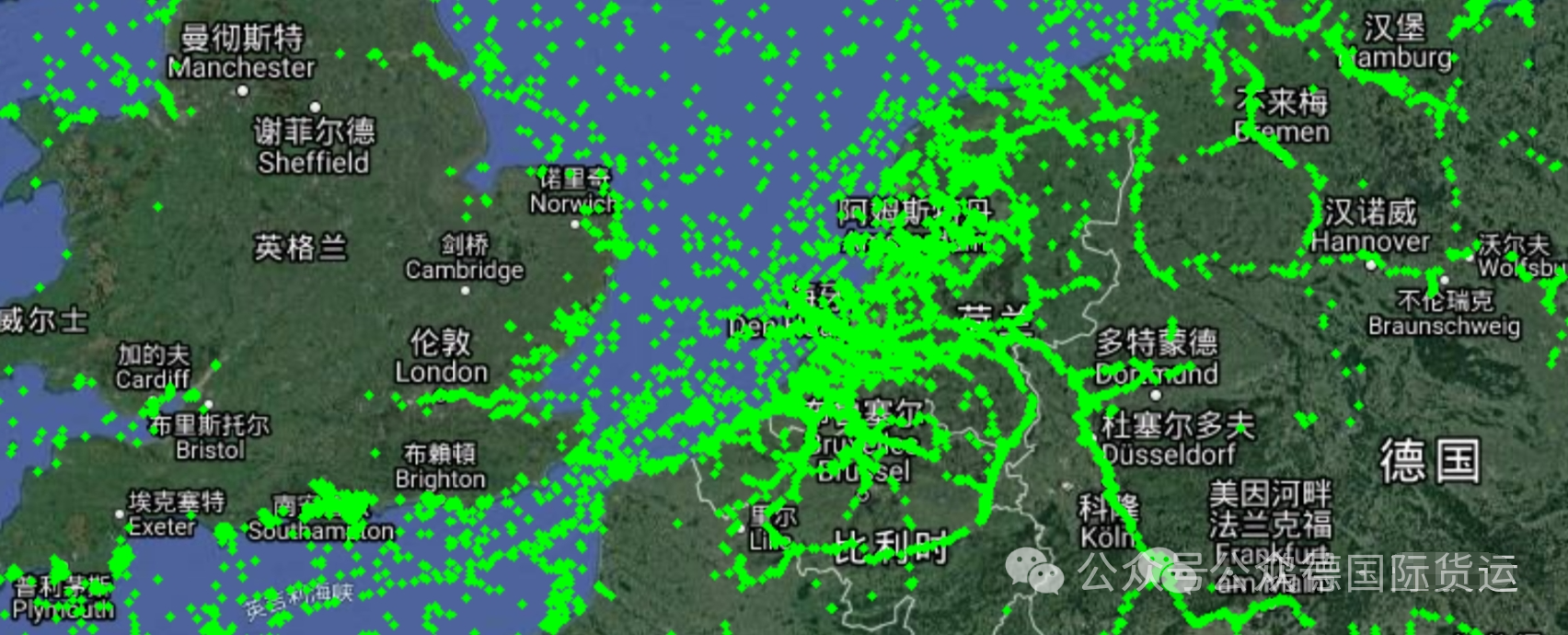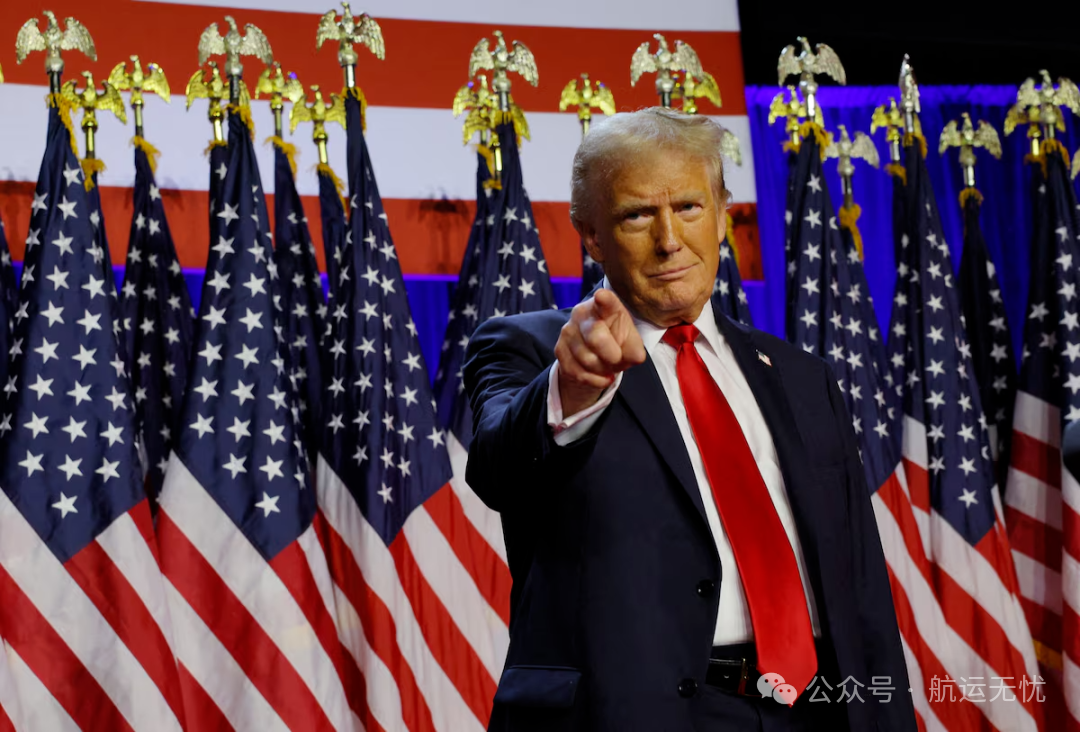Countdown to the suspension period of reciprocal tariffs enters its eighth day; Trump and Besent issue stern statements 丨 Maritime Export Logistics
Jul 01,2025

Eight days later, on July 9, the Trump administration's temporary reprieve for reciprocal tariffs is set to expire, and global trade and economic nerves are strained. At this juncture, Trump and U.S. Treasury Secretary Benson sent tough signals.
"I don't think it's necessary," Trump said on June 29 in an interview with Fox News, referring to whether to extend the moratorium. But he turned his back on him and said, "Of course, I can do that. It's no big deal." Mr. Trump's ambiguous statement neither fully ruled out the possibility of extending the deadline nor gave a clear direction. On Friday, Trump also threatened at a press conference to adjust tariffs "at will" and even fantasized about sending letters to countries informing them that they must pay a 25 percent tariff.
In the interview, Trump also expressed frustration with the US-Japan auto trade, accusing Japanese cars of flooding into the US market while "staying away" from American cars, leading to a "grossly unfair" trade between the US and Japan. He has challenged Japan to buy more U.S. oil and other goods to balance the trade deficit, even threatening with an "ultimatum," suggesting steep tariffs on Japanese cars if they don't meet the demands.
On the other side, U.S. Treasury Secretary Benson also delivered a tough talk in an interview with Bloomberg TV on June 30. He warned that countries could still face higher tariffs even if they negotiate "in good faith" with the US by July 9.
Any decision on extending the tariff moratorium would be up to Mr. Trump alone, Mr. Besson said. He predicted that a cluster of trade agreements could emerge by July 9, but stressed: "If some countries, while negotiating in good faith, become intransigent and break down negotiations, the United States could revert to the level of tariffs announced on April 2." If this happens, the US 10 per cent tariff on multinational goods will surge to a range of 11 per cent to 50 per cent after July 9.
Despite Trump's tough stance on Canada's digital services tax and his success in forcing Canada to eliminate it at the last minute, progress in negotiations with other trading partners has been unimpressive.
So far, with less than 10 days remaining until the 90-day suspension of the "reciprocal tariffs" on July 9, the results of the US negotiations have been lackluster. The UK is currently the only country to have a "trade deal" with the US, But the U.S.-British Economic Prosperity Agreement, signed at the G7 summit, also secured only some tariff preferences for British cars and aerospace products, with key commitments such as steel and drug tariff cuts still outstanding.
At the same time, the multiple "232 investigations" being conducted by the United States have filled the negotiations with major trading partners with uncertainty. Major trading partners such as Japan, India and the European Union are cautious about reaching a final agreement before the Commerce Department in America announces the results of its investigations into semiconductors and pharmaceuticals.
In addition, legal controversy has intensified over the legality of the Trump administration's invocation of the International Emergency Economic Powers Act to impose "reciprocal tariffs" on all trading partners. The U.S. Court of International Trade ruled in May to suspend the tariffs, but the U.S federal appeals court reversed that decision this month, allowing the tariff to continue pending an appeal. The court is scheduled to hear arguments from both sides on July 31.
Tim Meyer, a professor at Duke University School of Law who studies international trade, commented: "The White House may announce some so-called trade frameworks, but they don't fit the traditional definition of a 'trade deal'."
This suggests that while the White House may seek to advance its trade agenda through various means, these so-called "agreements" may lack substantive content and legal safeguards.
In summary, the global trade situation has become increasingly tense as July 9 approaches. The tough rhetoric from Trump and Bessent, as well as the cautious responses from other countries to U.S. policy, herald a potentially significant shift in the global trade landscape in the coming weeks. Governments and businesses are holding their breath as they prepare for a possible tariff shock and a restructuring of the trade landscape.
Recommend

Make global trade unimpeded
Contact Phone


Contact Us
Copyright ©Guangzhou Hongdex International Logistics Co.,Ltd
Hotline: 020-84608598
Whatsapp: 18011705178
QQ:2853396538
Email: 2853396545@qq.com
We will provide you with timely feedback











